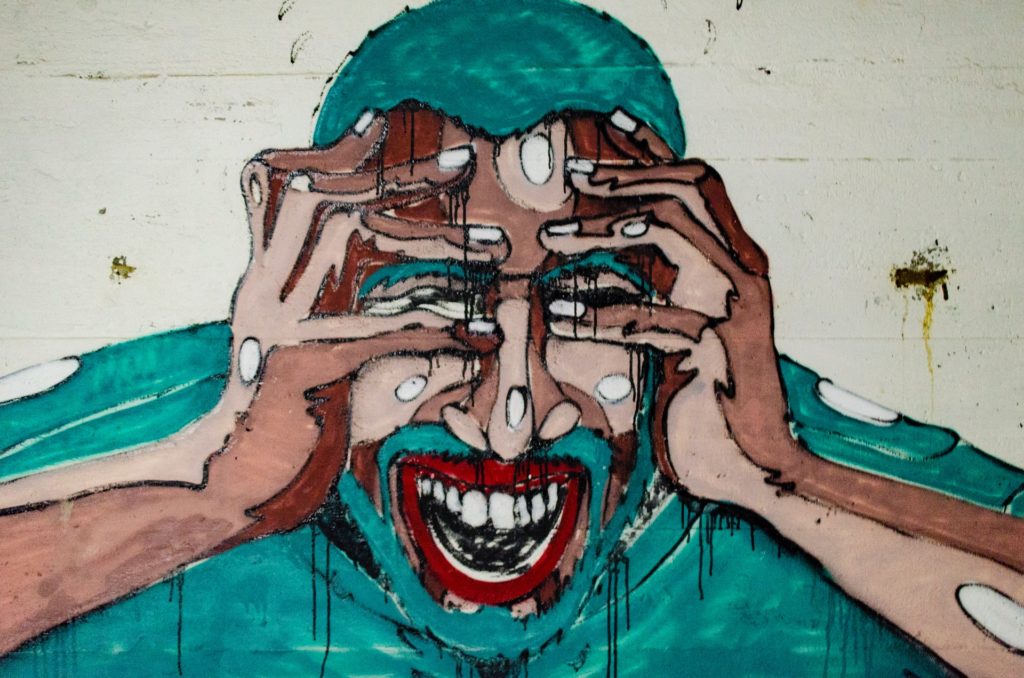Why The Heck Am I Feeling This Way?
January 19, 2022
‘Why the heck am I feeling this way?’ This was the recurring question I asked myself in the months following my mom’s death.
I found myself riddled with seemingly random aches and pains, including lingering headaches that lasted for nearly a year. This, coupled with crippling fatigue, left me feeling physically battered and emotionally overwhelmed. Despite my being a licensed psychologist at the time, I didn’t fully appreciate the sheer magnitude of grief.
Looking back now, however, I can so easily recognize how much my life had been ripped apart. My mom represented much more than a mother to me. She was my soft place to land when I needed comfort, a confidante, and my spiritual advisor. Further, she knew me like no other, leaving me feeling seen and intimately known. It makes perfect sense that my body, which had been concurrently soothed by her pearls of wisdom and calming voice over the years, reacted in such a distressing way.
Our bodies are wise, well-oiled machines divinely created to help us maintain homeostasis (that is, balance) at all costs.
When we grieve significant losses in life, these very machines fight for us. For example, they send messages to us in the form of pain, letting us know that something’s gone awry. They encourage us to slow down by literally downgrading our energy levels and making it difficult for us to concentrate. Finally, our bodies awaken in the middle of the night, signaling trouble within.
All too often, however, we ignore the messages and begin to fight against the very vessel feverishly working to fight for us. Have you ever been there?
‘Why the heck am I feeling this way?’ I asked a series of doctors in early 2014.

After being met with antidepressants and prescription sleep medications — none of which are inherently bad, by the way — one doctor finally sat with me to answer the question. What he shared changed the course of my grief journey in positive ways.
Essentially, he explained that my body’s slow down, in the form of physical aches and pains, was its way of preparing me to mourn my mom’s death. Fatigue created space for me to explore rest, as opposed to busying myself and playing ‘normal.’ Further, chronic insomnia kept me emotionally protected from the trauma experienced as I lay in bed with my mother’s deceased body.
In that moment, I began to recognize the ways my body was attempting to help me grieve, as opposed to harm me. Our conversation opened the door to my celebrating its work vs. solely complaining about it. My doctor explained that working against the body would not only exacerbate my physical symptoms, but also prolong my emotional suffering. Whoa!
Friend, have you ever thought about your body in this way?
Weeks after the doctor visit, I found myself exploring ways that I might partner with my body to help it achieve some semblance of balance. I decided that befriending and paying attention to my physical symptoms might allow me to embrace my body’s incredible machinery. At the end of the day, I needed to try something different in order to survive.
So I worked to create a partnership with my body in the following ways:
- Pausing throughout the day to assess my body’s needs
- Creating a tighter sleep routine and bedtime rituals (e.g., turning down the lights, lighting a candle)
- Talking to my mom prior to bed to help reduce anxiety associated with the bedroom
- Making time to slow down and/or rest, as needed
- Intentionally moving more slowly to honor my body’s signals
The act of slowing down helped me turn inward, acknowledge my grief, and more readily accept support from others. In addition, it enabled me to give myself permission to focus on my grief needs. Caring for my body became a top priority on my daily to-do list.
‘Why the heck am I feeling this way?’ may be a question you’re asking today.
If so, take the time to seek input from a medical professional first. Experiencing physical symptoms as you grieve is 100% normal, yes. At the same time, it’s important to rule out any underlying health conditions that may make it more difficult to feel physically well. Once you’ve done this, I encourage you to explore ways to partner with your body as you grieve.
On a final note, I recently listened to a podcast, and the host shared that no one is coming to rescue us in life. It’s a harsh statement, yes. Nevertheless, I believe it’s a true statement. Friend, like it or not, even as we grieve, we have to explore ways to help ourselves.
Here are two questions I’d love for you to ponder:
- In what ways am I fighting against what my body is trying to communicate?
- How can I partner with my body as I grieve to help reduce additional suffering?
Taking care of our bodies takes patience, mindfulness, and wisdom. I’m keeping you in my thoughts and prayers as you focus on each in the coming days.
As always, I’d love to hear what you think. Please share your thoughts below.
XOXO,
M.
Head over to my Facebook page to chat more about life lessons and interact beyond the blog: https://www.facebook.com/DrMekel
If you’re interested in learning more about managing your lifestyle, love, leadership, and loyalties to God, self, and others, click here: https://mekelharrisphd.com/.
Be the first to comment